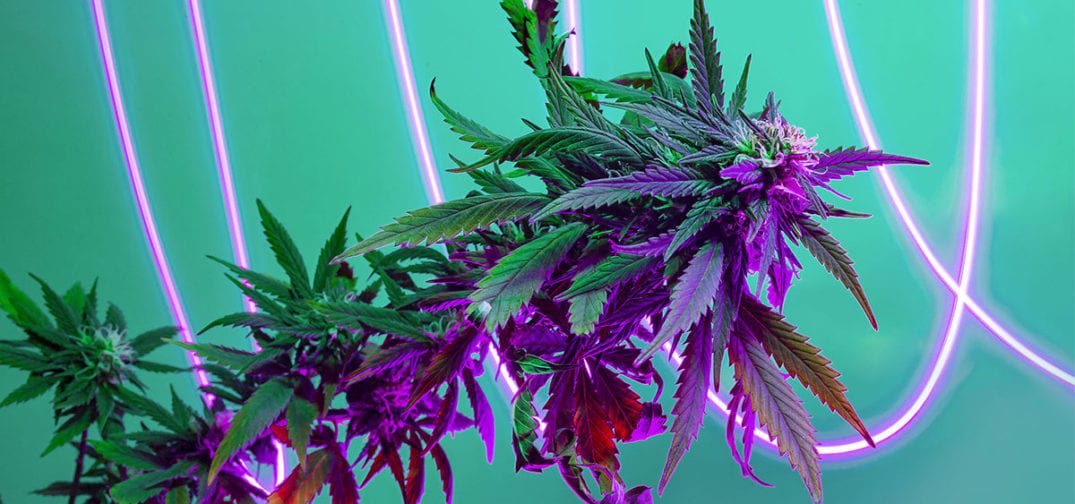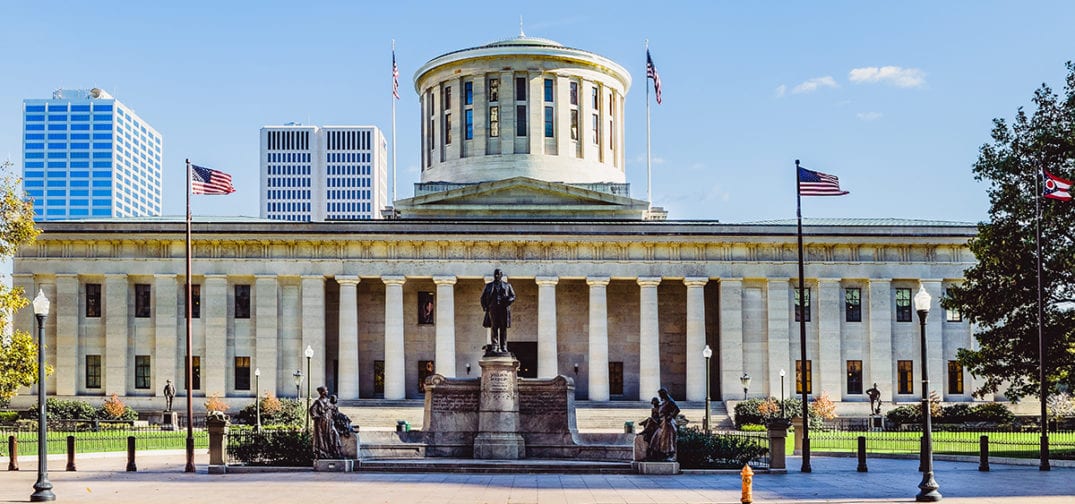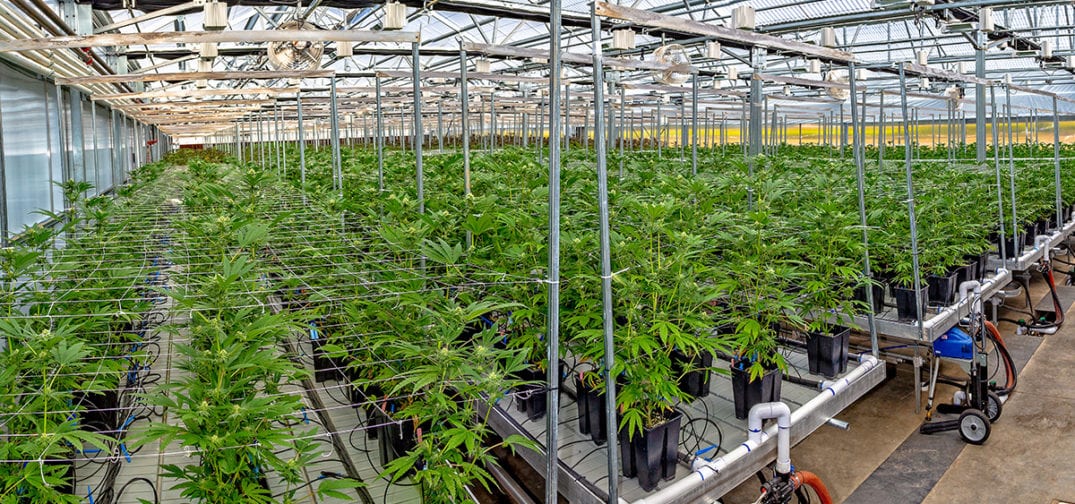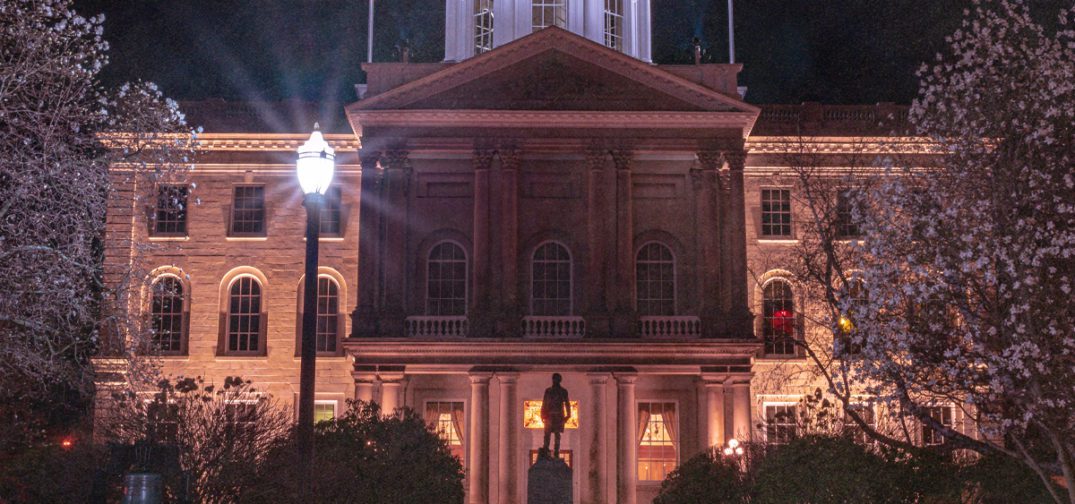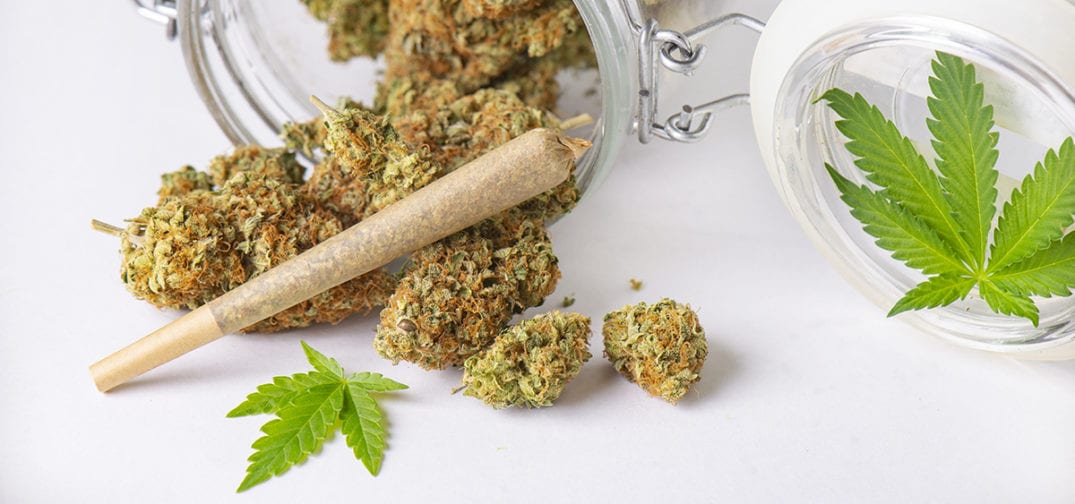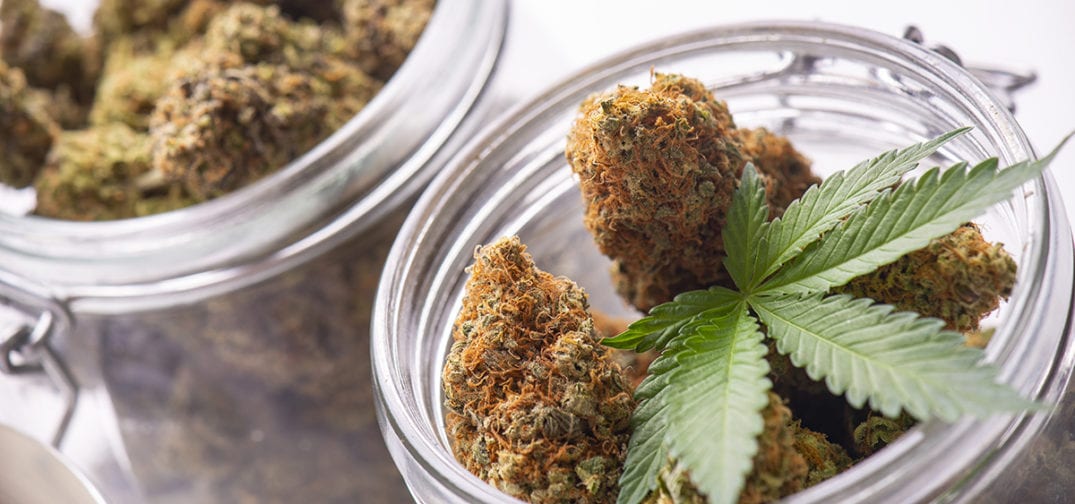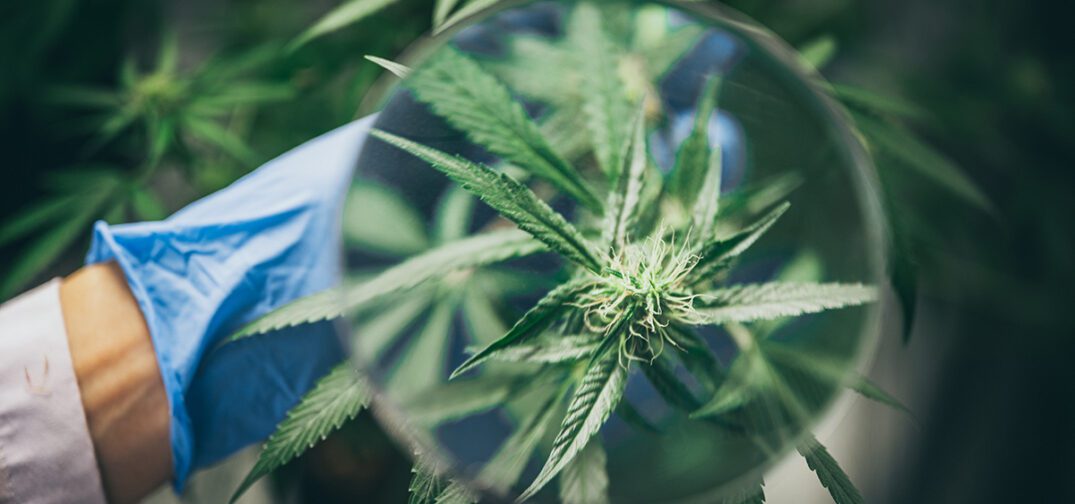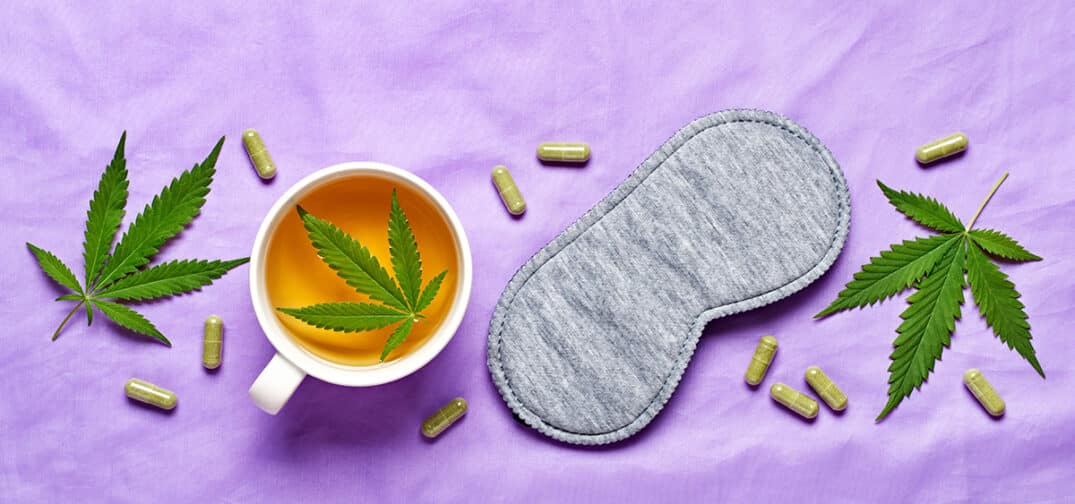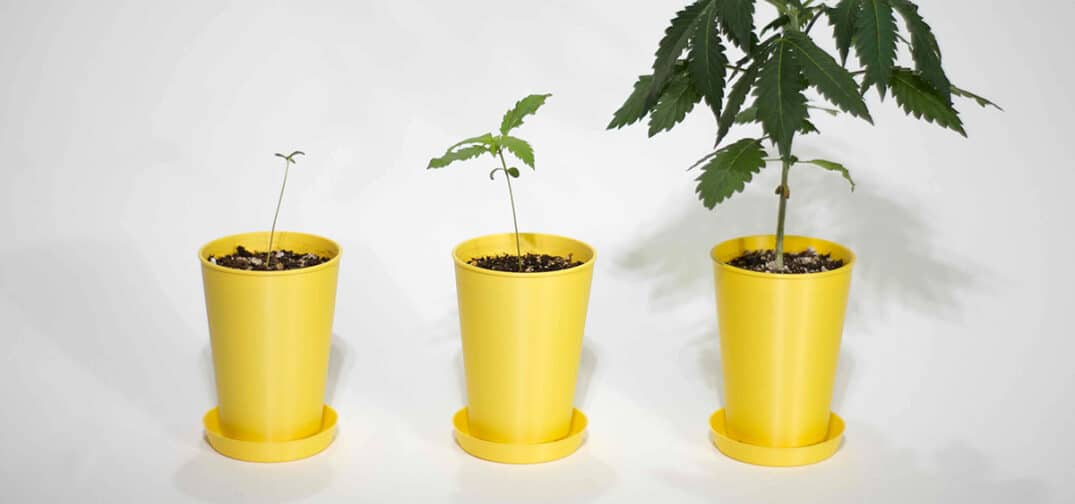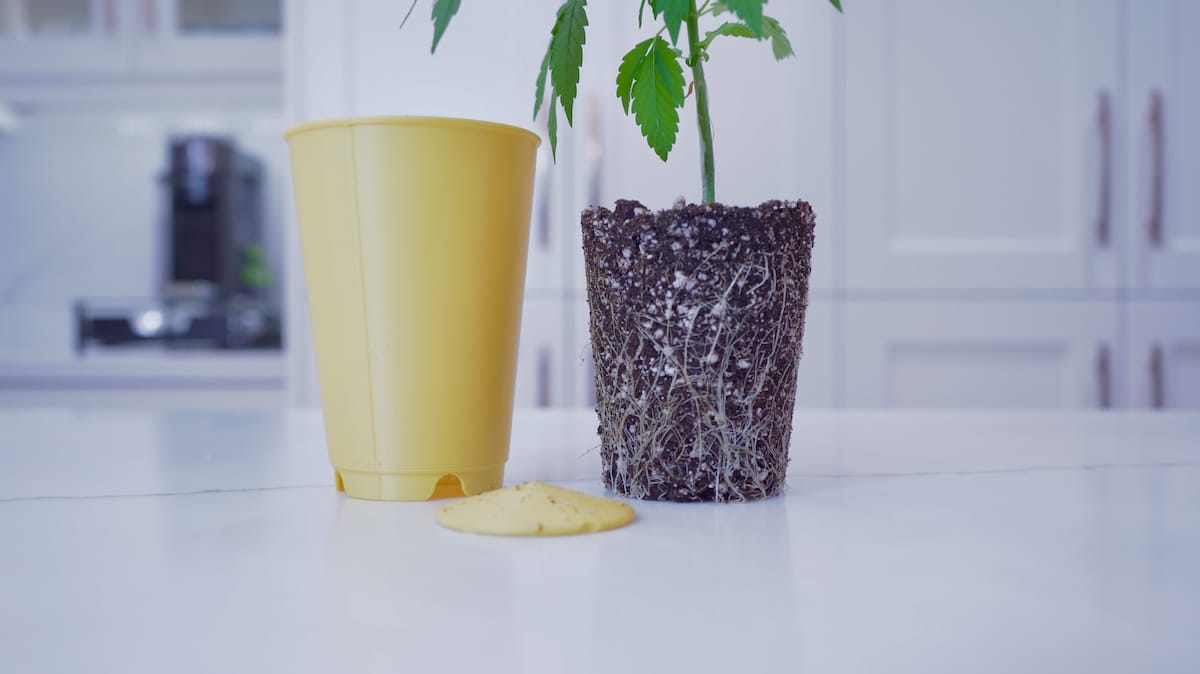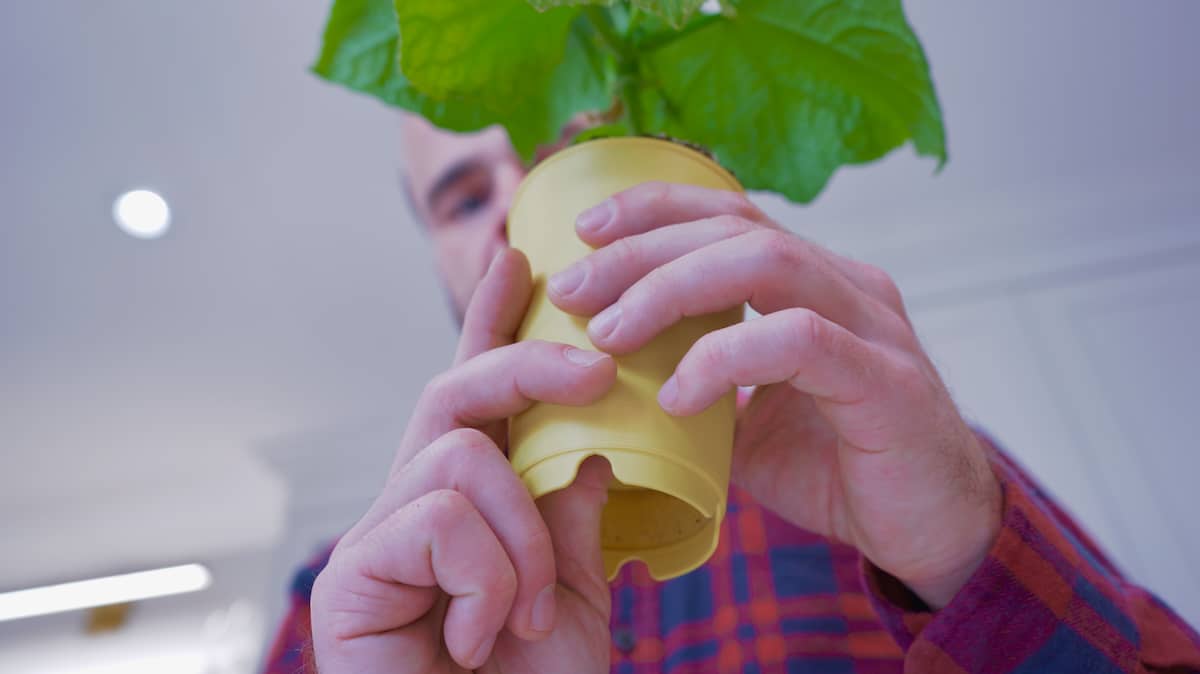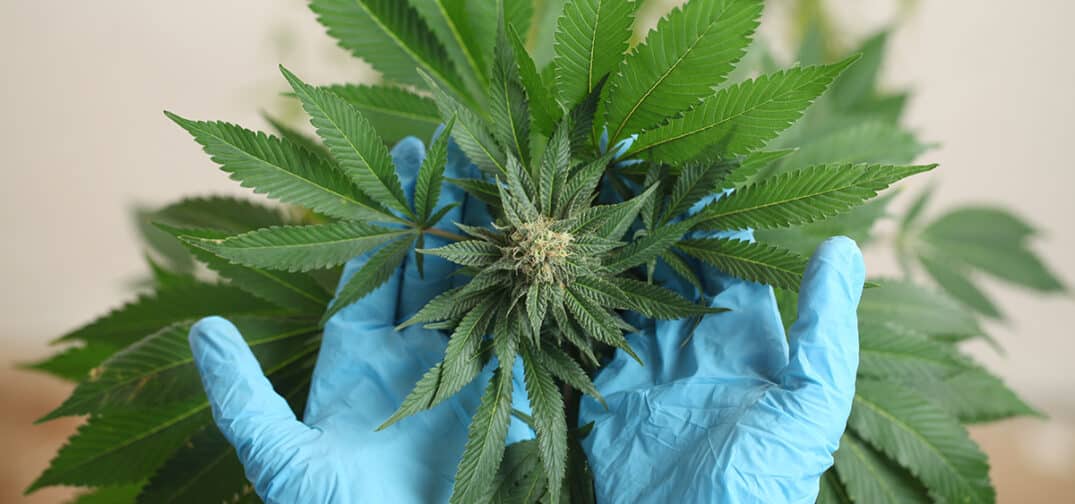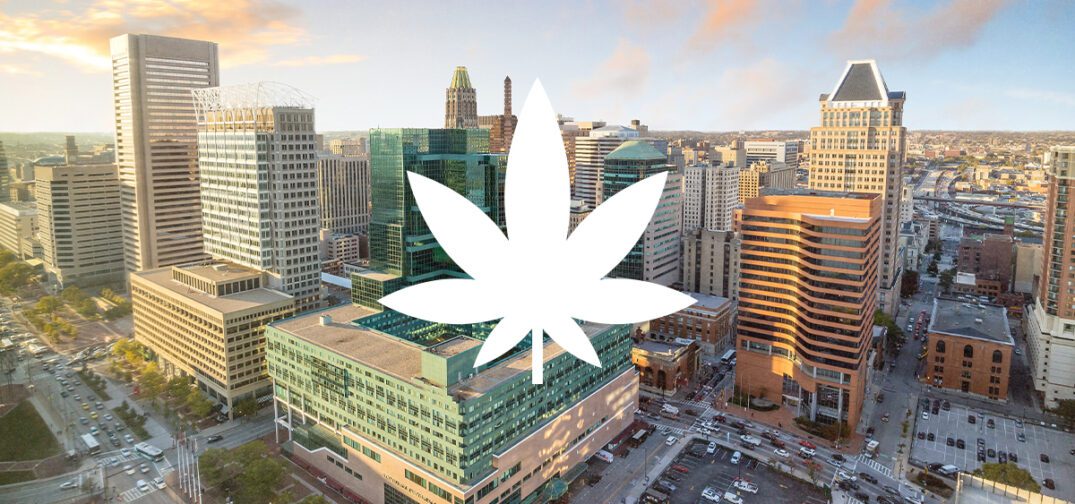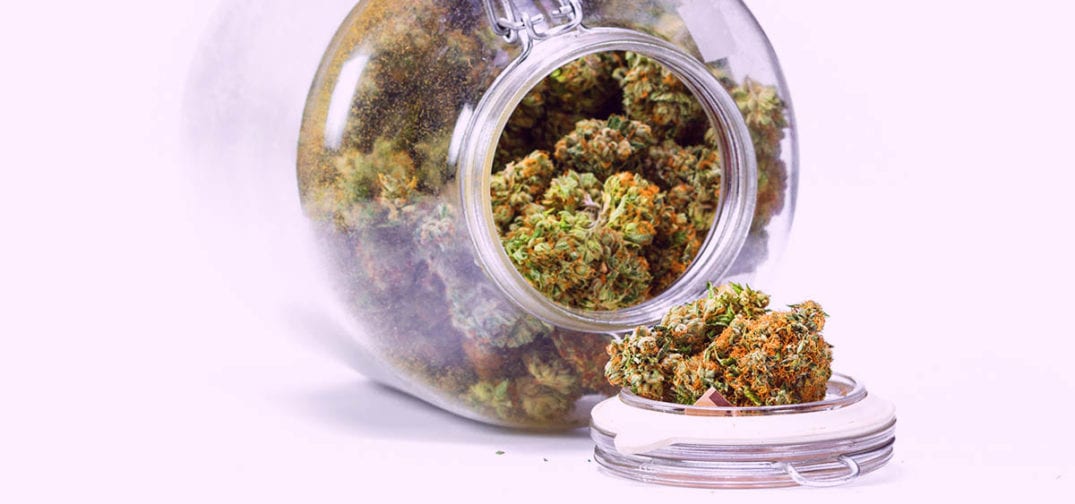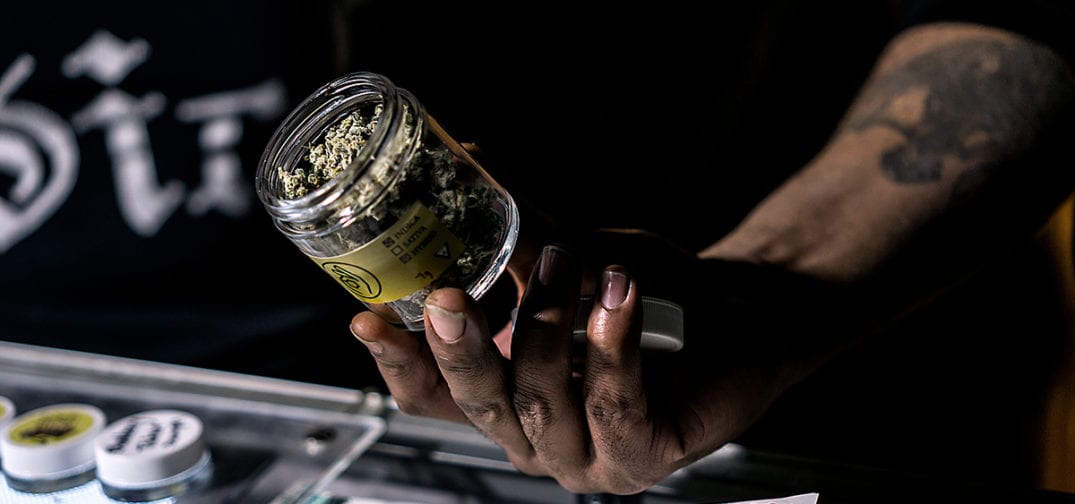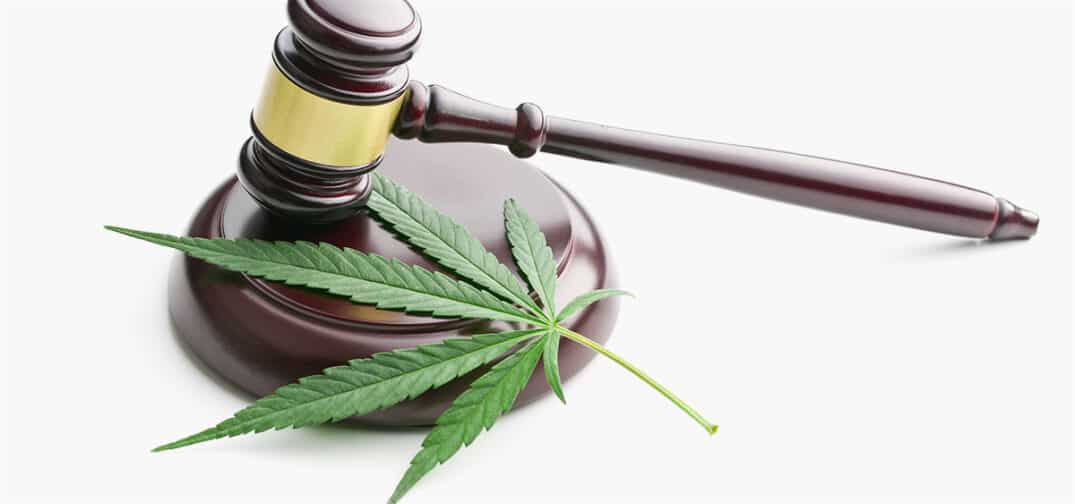The Alabama Medical Cannabis Commission (AMCC) last week awarded 20 medical cannabis industry licenses, Alabama Daily News reports. It is the third time this year the commission has awarded licenses – the previous two attempts were negated by claims of incorrect application scoring and lawsuits that alleged the AMCC violated the state’s Open Meetings Law and had no right to revoke the originally awarded licenses in the first place.
During this round of licensing, license hopefuls gave presentations to the AMCC directly. Commission member William Saliski noted that the presentations were influential in helping the AMCC rank the applicants.
“I have to say that some of the top people that are on this list had some of the most sensational presentations, and I’m so encouraged by their readiness. I think they could probably start growing plants tomorrow if we asked them.” — Saliski via Alabama Daily News
Of the 20 licenses issued last Friday, seven were not among the companies awarded a license during the AMCC’s previous licensing attempt.
The 20 companies awarded licenses are:
Cultivator License
- CRC of Alabama, LLC
- Greenway Botanicals, LLC
- Gulf Shore Remedies, LLC
- Native Black Cultivation
- Creek Leaf Wellness Inc.
- Twisted Herb Cultivation, LLC
- I AM FARMS
Processor License
- Organic Harvest Lab, LLC
- Coosa Medical Manufacturing
- 1819 Labs, LLC
- Jasper Development Group Inc.
- Dispensary License
- CCS of Alabama, LLC
- GP6 Wellness, LLC
- Capitol Medical, LLC
- RJK Holdings AL, LLC
- Secure Transport License
- Alabama Secure Transport, LLC
- Tyler Van Lines, LLC
- Pick Up My Things
- International Communication, LLC
State Testing Laboratory License
- Certus Laboratories
The approved companies have until December 15 to submit their application fee to the commission which will then investigate the companies’ sites before awarding the final licenses, which are expected later this month.
End

